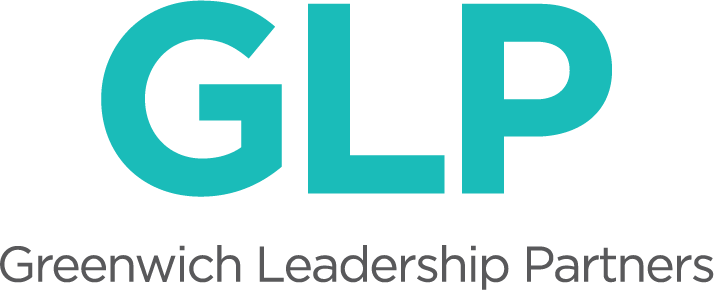The current revolution in education seems to confuse those people not directly involved in or up-to-date with the field, in part I think because of the “eduspeak” involved: flipped classrooms, STEM, STEAM, MOOC, Common Core, Race to the Top, project based learning, and so on. This uncertainty mostly affects the Baby Boom generation, people who are indeed puzzled by much of “the new” in this rapidly evolving digital culture. Despite not having a Twitter account or not fully grasping the joys of Instagram, this 50+ generation is nonetheless eager to understand the educational climate, to figure out the language, to be connected. And why not? They are often called upon to take care of their grandchildren, and even pay for their education.
To that end, I was recently invited to speak at an after dinner event and conducted an introductory seminar on the new education frontier and the cultural and economic forces shaping that landscape. The concisely designed evening presentation turned into a long and lively discussion as the introduction to these new ideas stirred a pot this audience had long been watching but did not fully appreciate the ingredients. In short, except for one attendee who fell asleep right at the beginning, the audience was fully engaged. My presentation covered issues in the digital age and the challenges of the new economy: for instance, Millennials take more jobs and change jobs more often; traditional work is being replaced by new technologies; a majority of companies feel that our education system is not preparing students for the modern workplace. These are just a few new realities but representative of the presentation, with perhaps the most sobering revelation being that, in general, this generation of young people is not likely to attain the level of wealth that their parents did. The American Dream was—for the majority—fading.
When the presentation narrowed down to education, we considered the difference between studying and learning. American public education is presently consumed with testing, an attempt to evaluate a child’s ability and knowledge as well as being used as a measure for the teacher’s ability to teach. Of course, my audience was quite familiar with testing. All of them had taken both standardized tests—the old 800 top score SAT—and the usual regular course-based testing, AP exams, and so forth that have traditionally been part of everyone’s experience in American secondary education. Are today’s tests different? I do not pretend to be an expert on the details of Common Core testing, but the word is that these tests are different and require a “teaching to the test” approach, more so than taking tests and quizzes tied more directly to a specific class or subject area used to be. However, studying for a standardized test has the goal of doing better on the test, not a teaching path toward achieving deeper learning. In fact, even top high school students who achieve the maximum 5 score on an Advanced Placement test do not always absorb the deep learning necessary for usefulness; for example, when an Ivy League University retested top scoring AP students before giving them course credit, 90% could not pass the university test.
So, how do we learn? That question dominated the end of our evening discussion, with the answer being that engaging the mind, imagination, and the “quest to understand” are critical to a person’s learning. Indeed, my audience was doing exactly that. A recent Atlantic Monthly article “Joy: A Subject Schools Lack” by Susan Engel asserts: “you have to help the child find pleasure in learning—to see school as a source of joy.” And great teachers are the key to that joy. A gifted teacher can take nearly any challenging subject and turn learning into a wonderful journey toward a new world that enriches the old world of self. When a young person is learning something new, something challenging but stimulating, then that boy or girl is engaged in the process of learning. And it is the engaged student who is not only gaining the deep learning of retention and purposefulness, but is during the process also moving beyond the adolescent narcissism that is so much a part of growing up.
This last point was easily carried home within the evening’s gathering, as each person recalled how some part of his or her education was infused with a passion to know something, and in many cases move toward the ultimate goal: expertise. Though the conversation with and within this group continued into the week and weeks ahead, it was a short film clip from Most Likely to Succeed that clarified the issue of engaged learning. These mostly grandparents were very impressed, amazed even, and perhaps carried away from our discussion some hope for the educational future of their grandchildren.
